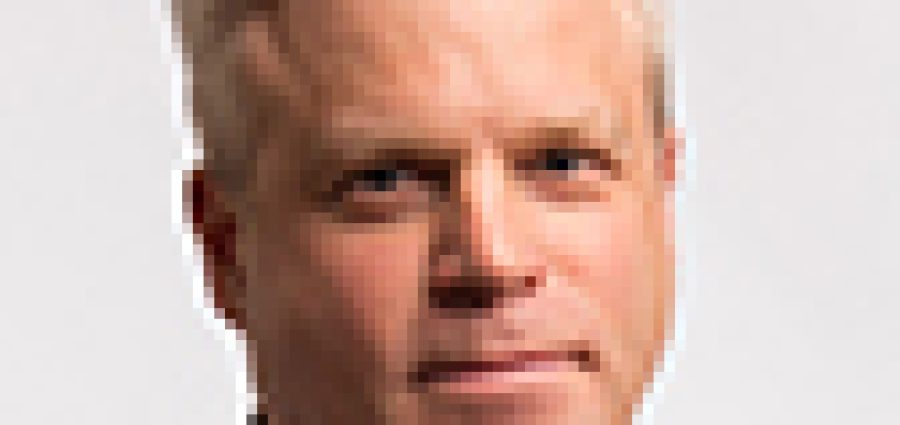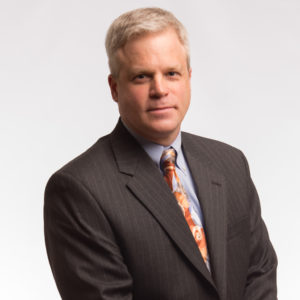Citing concerns over global economic instability and market volatility, the U.S. Federal Reserve last week lowered its economic outlook and elected not to raise interest rates – but it left open the possibility of a rate hike later this year.
"The outlook abroad appears to have become less certain," Fed Chair Janet Yellen said during a news conference following a two-day meeting of the Fed's policy-setting committee. "In light of the heightened uncertainty abroad … the committee judged it appropriate to wait."
Yellen said a recent decline in U.S. stock prices coupled with a rise in the value of the U.S. dollar had already tightened financial market conditions, which would continue to slow economic growth here no matter what the Fed does with interest rates.
During the Fed meeting last week, 13 of 17 Fed policymakers said they predict a rate hike later this year – with five thinking that could happen next month – down from 15 at the previous meeting in June. The Fed meets again in October and December.
Richmond Fed President Jeffrey Lacker fell on the side for raising rates, saying: "This expansion has been disappointing by some measures, when compared to historical averages. Nevertheless, U.S. economic conditions have improved quite significantly over the last six years, all things considered. It’s time to recognize the substantial progress that has been achieved and align rates accordingly."
On the other side of the debate was San Francisco Fed President John Williams, who said: "It’s important to remember that we’re in a very different place now than when we first instituted extremely accommodative policy."
More analysis of the decision will be coming soon, including a speech from Yellen this week.



